Denmark’s €170 Million Plant-Based Food Initiative: A Sustainable Shift In Agriculture
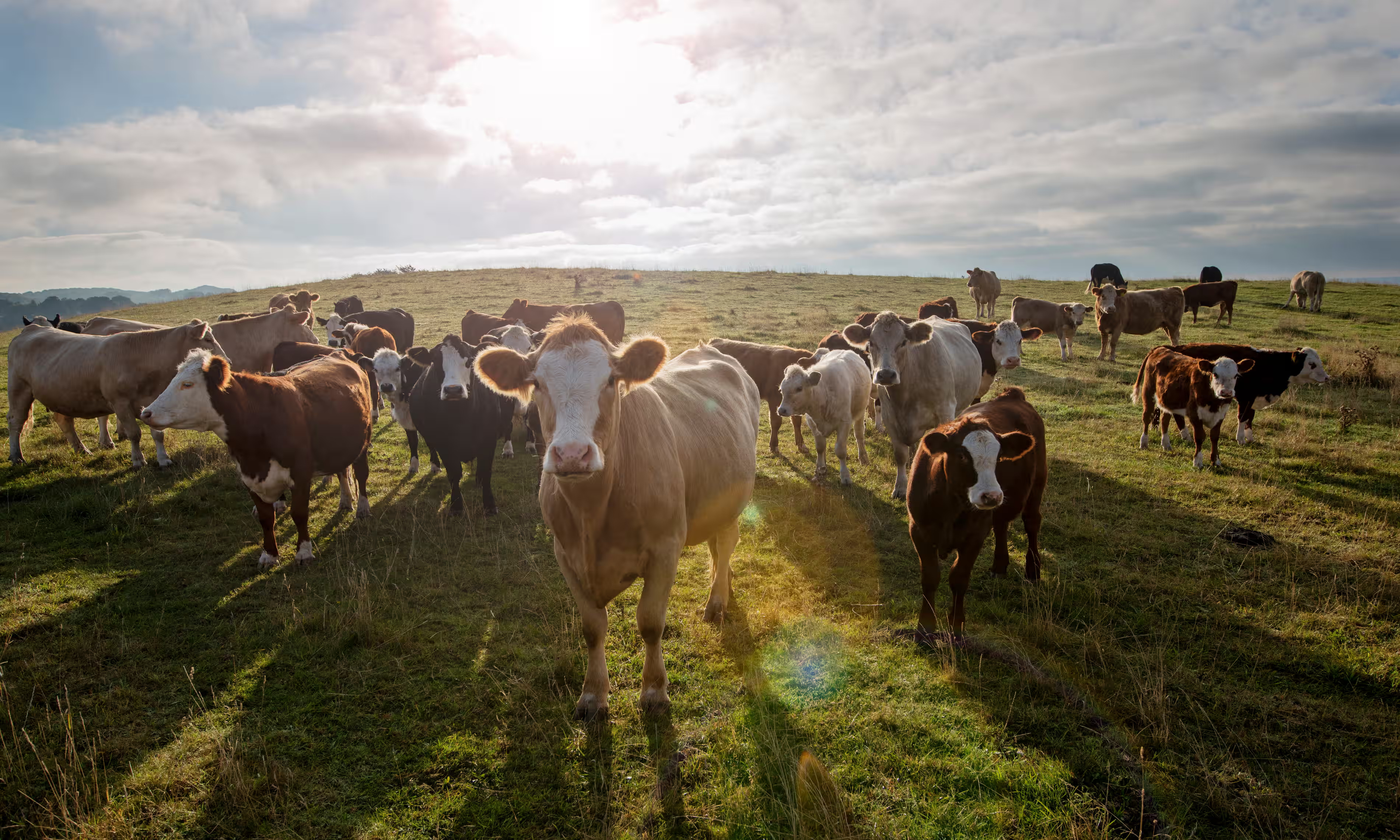

Denmark has launched an ambitious plant-based food action plan, backed by a €170 million government fund, marking a strategic shift toward sustainable agriculture. This initiative aims to lower the agricultural sector’s climate footprint by promoting plant-based food production and consumption, aligning with Denmark’s broader environmental goals. By integrating sustainability into its economic framework, Denmark is positioning itself as a global leader in climate-friendly food innovation.
Agriculture remains one of Denmark’s largest sources of greenhouse gas emissions, making it a critical area for climate action. Traditional livestock farming significantly contributes to methane emissions, land degradation, and deforestation, fueling concerns over its environmental impact. However, rather than solely discouraging meat consumption, Denmark’s approach focuses on expanding plant-based food production as a business opportunity that drives economic growth while reducing emissions. This approach ensures that sustainability efforts are not seen as restrictive but rather as an avenue for innovation, investment, and market expansion.
The €170 million fund will be allocated toward various aspects of plant-based food development, with a strong emphasis on innovation, research, and infrastructure. Some of the key areas of investment include:
These investments will not only reduce the climate impact of food production but also create economic opportunities for businesses, entrepreneurs, and farmers. By fostering innovation in plant-based foods, Denmark is setting the stage for long-term sustainability in the food industry.
One of the distinguishing factors of Denmark’s strategy is its focus on business growth and export potential. As global demand for plant-based alternatives continues to rise, Denmark is positioning itself as a leading exporter of climate-friendly food products. The initiative will help domestic companies expand their presence in international markets, strengthening Denmark’s role in the rapidly growing plant-based food sector.
The plant-based food industry has witnessed substantial growth worldwide, driven by consumer awareness of health benefits, environmental concerns, and ethical considerations regarding animal welfare. By supporting plant-based businesses, Denmark is ensuring that its economy remains competitive in this evolving landscape.
Additionally, the initiative will foster job creation and economic resilience by encouraging new startups and investments in food technology. As more companies enter the market, competition will drive innovation, leading to better-quality plant-based options that appeal to a broader range of consumers.
Beyond economic advantages, Denmark’s action plan aims to create a more sustainable and resilient food system. Increased consumption of plant-based foods has been linked to lower carbon footprints, reduced water usage, and less strain on natural resources. Encouraging dietary shifts toward plant-based alternatives can play a crucial role in meeting national and global climate targets.
For consumers, this initiative means a wider variety of high-quality plant-based products at competitive prices. As production scales up, plant-based options will become more affordable and accessible, making it easier for people to incorporate sustainable food choices into their daily diets. The government’s involvement ensures that these products maintain high nutritional standards and meet consumer expectations for taste, quality, and convenience.
Denmark’s plant-based food action plan is a testament to the country’s commitment to balancing economic growth with environmental responsibility. By leveraging innovation and market expansion, the initiative proves that sustainability does not have to come at the expense of economic prosperity. Instead, it can serve as a catalyst for new industries, job creation, and global leadership in sustainable food production.
If successful, Denmark’s model could serve as a blueprint for other nations looking to transition toward more climate-friendly food systems. By demonstrating how government support, business investment, and consumer engagement can drive meaningful change, Denmark is paving the way for a more sustainable global food industry.
As the world faces increasing climate challenges, Denmark’s forward-thinking approach signals a shift toward a future where food production aligns with both planetary and economic needs. Through strategic investments and a commitment to sustainability, Denmark is not just reducing emissions—it is shaping the future of food.
Film, TV, and entertainment industry news. Plus, every Friday, a special Awards Insider edition.
By signing up, you agree to our user agreement (including class action waiver and arbitration provisions), and acknowledge our privacy policy.

Danish PM Mette Frederiksen firmly rejects U.S. interest in Greenland, stating “You cannot annex another country” while reaffirming Denmark’s commitment to the Arctic territory’s sovereignty.
By Emil Pedersen
Denmark plans to increase its defense budget by 50 billion kroner ($7 billion), pushing spending beyond 3% of GDP, marking the highest investment in over 50 years to strengthen military capabilities and support NATO.
By Emil Pedersen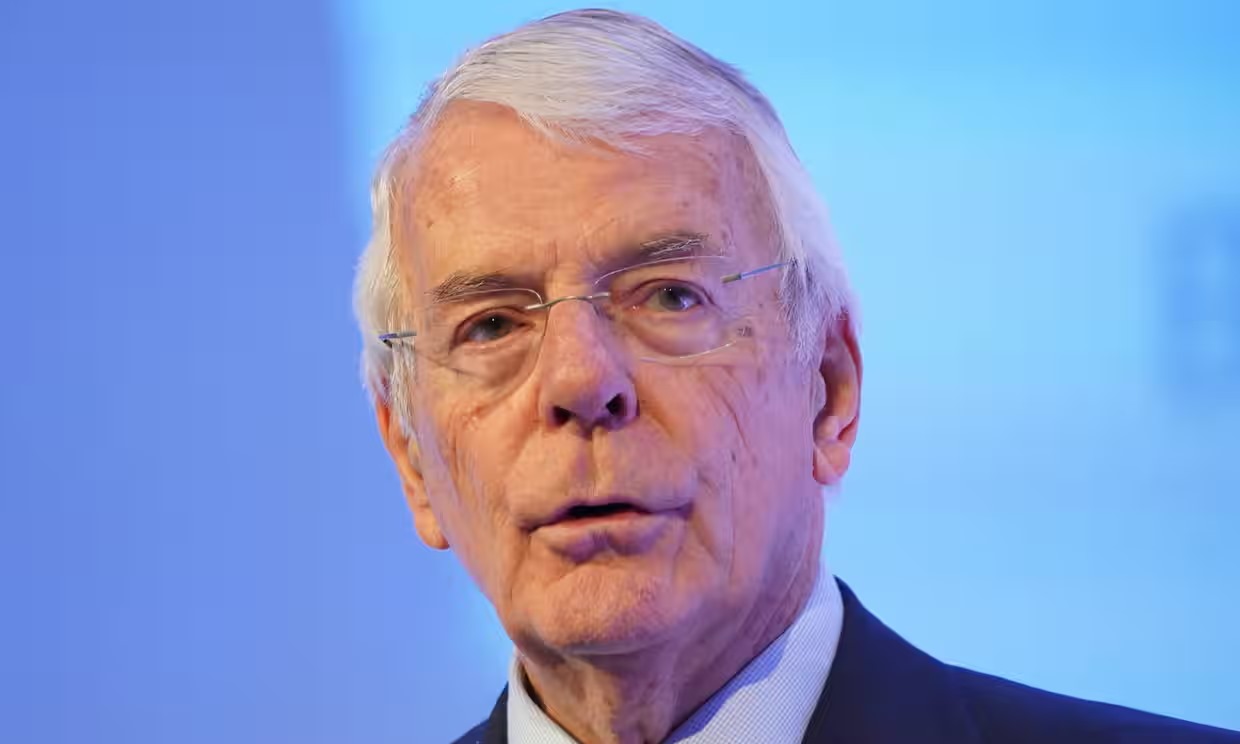
Former UK Prime Minister John Major warns that democracy is at risk due to Donald Trump's isolationist approach and China's growing global influence.
By Emil Pedersen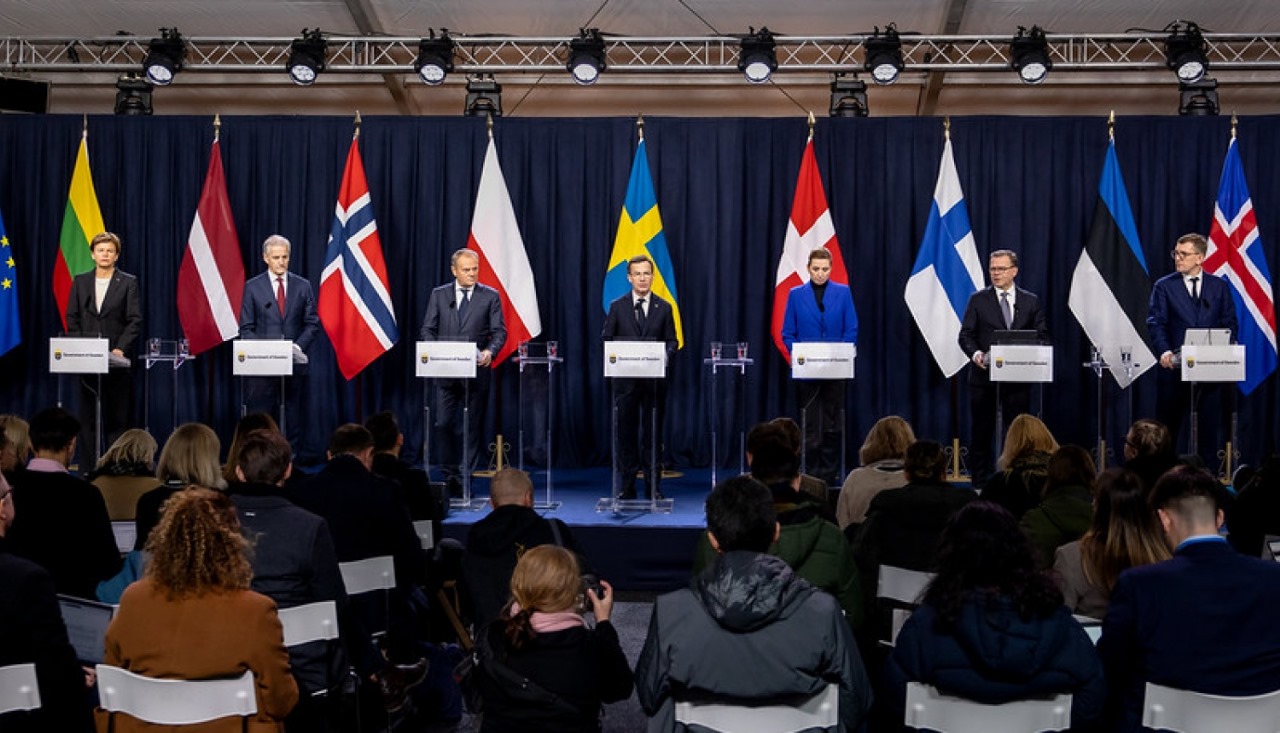
The Nordic and Baltic countries have reaffirmed their unwavering support for Ukraine in its fight against Russia, pledging to enhance military aid, economic assistance, and diplomatic backing.
By Lars Nielsen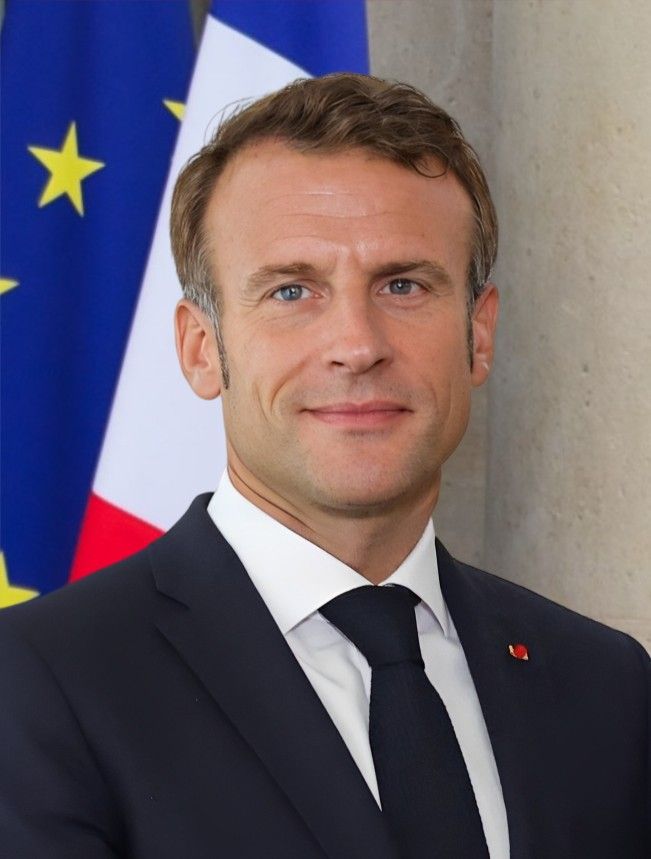
France, Ukraine war, European summit, Emmanuel Macron, European security, Donald Trump, NATO, Kyiv, Russia, diplomacy
By Emil Pedersen
A growing coalition of union leaders, bishops, and refugee advocates has challenged the UK government's policy denying citizenship to refugees arriving via small boats. Critics argue the policy fosters division, risks escalating far-right rhetoric, and contradicts integration efforts.
By Emil Pedersen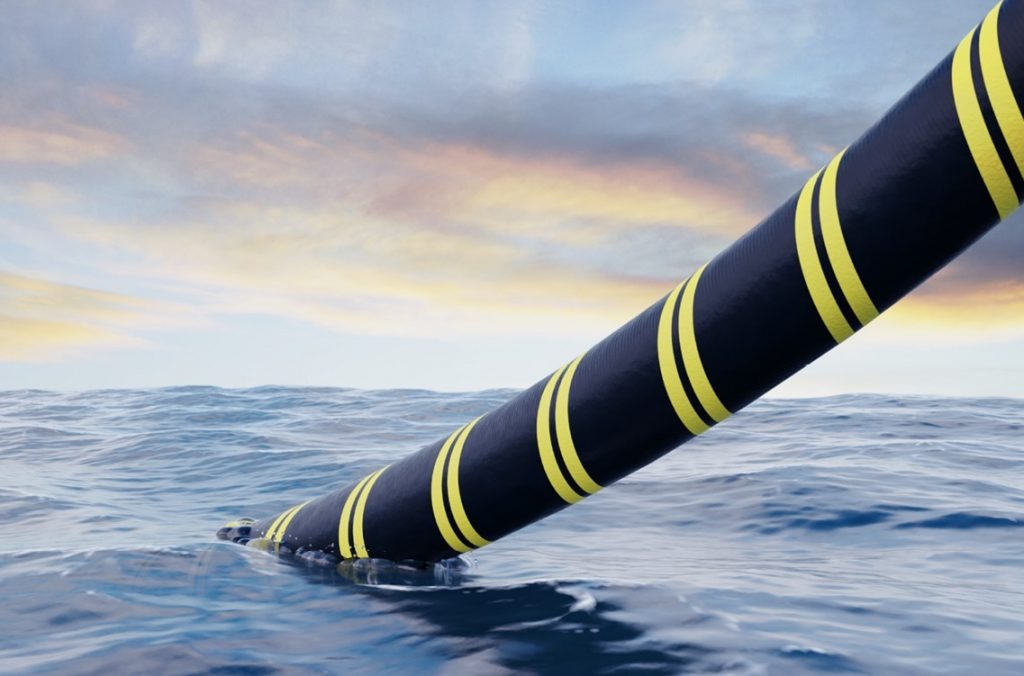
Sweden and Denmark are set to replace two aging undersea power cables, Konti-Skan 1 and 2, to enhance electricity transmission capacity between the two countries.
By Lars Nielsen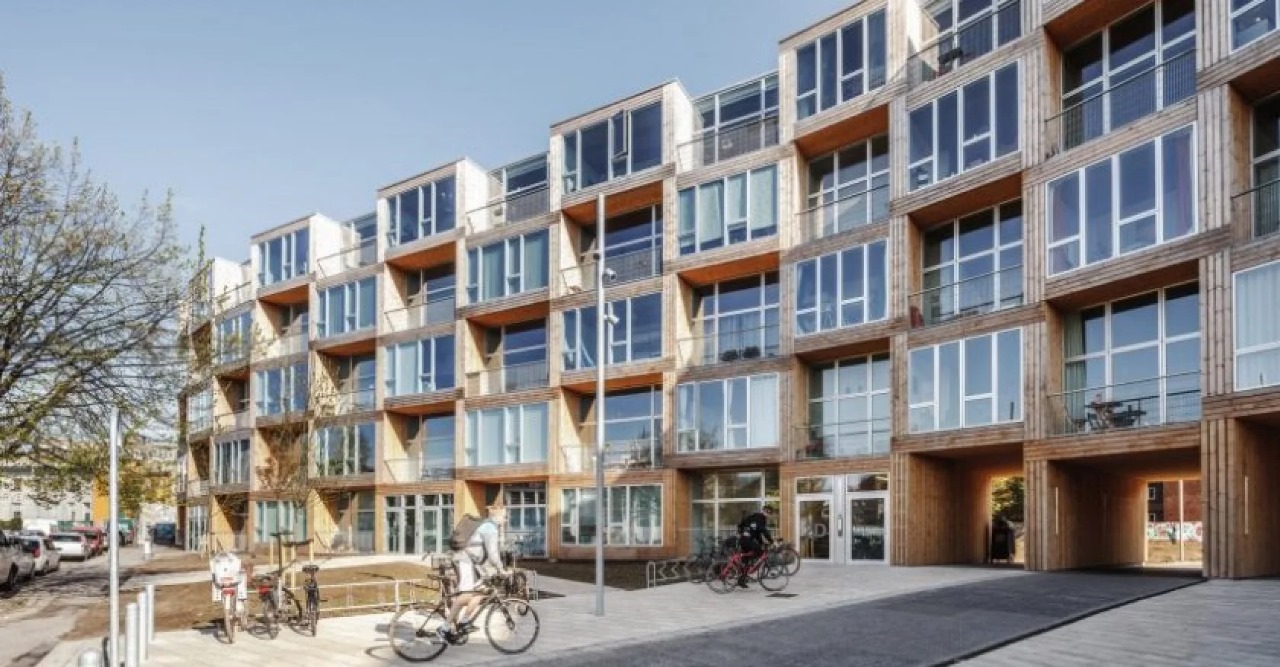
Denmark’s ethnic relocation policy faces EU court challenge over discrimination.
By Emil Pedersen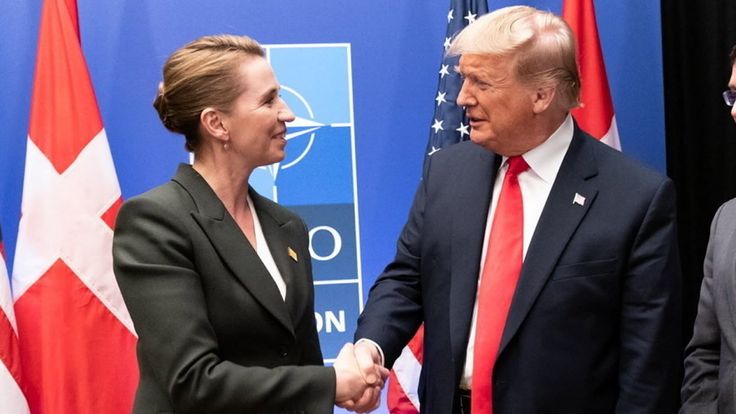
Greenland's independence movement gains momentum amid growing U.S. interest. Pro-independence party Naleraq sees Trump's comments and shifting U.S. policies as strengthening Greenland’s negotiating position with Denmark.
By Lars Nielsen
In response to U.S. interest in Greenland, Denmark’s King Frederik X updated the royal coat of arms, emphasizing Greenland’s significance and reaffirming Danish sovereignty.
By Lars Nielsen